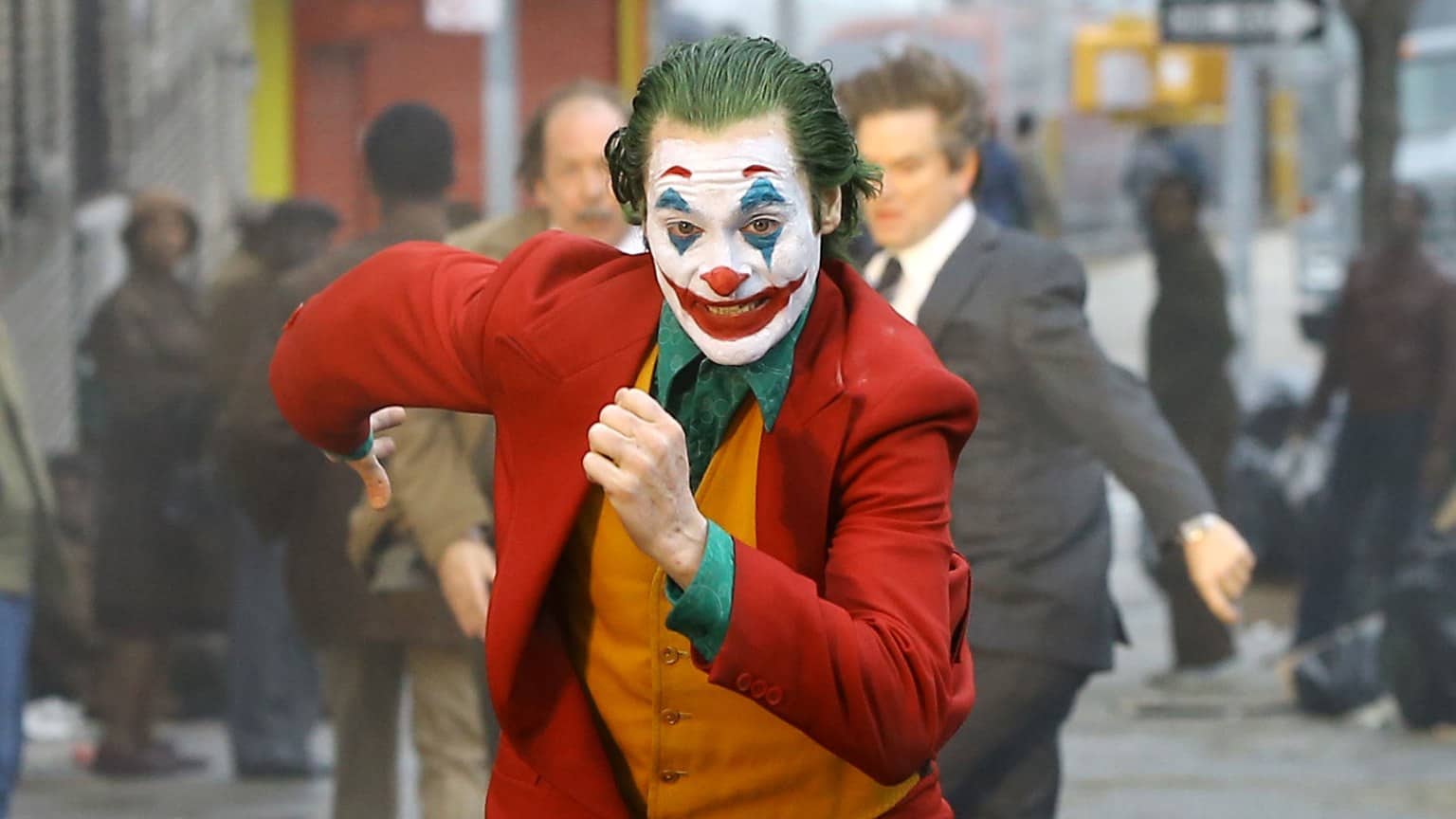I would also like to submit that it may just be the most thought-provoking piece of cinematic commentary on our current socio-economic condition in decades.
It is a radical film full of radical ideas and radical violence. Although it saddens me that it is radical to say that the current economic status quo is wildly immoral and that an existential cognitive dissonance is necessary to participate in the system honestly.
The central question of Joker is whether any of the events of the movie actually happened or not within the confines of the fictional Batman universe. This question is revealed in the final moments of the movie when Arthur is locked up for treatment of his mental illness. It becomes clear that this moment is chronologically prior to all of the violence that has previously occurred in the film. Arthur describes all (or possibly just some) of that violence as a "joke" that as occurred to him as we was speaking with his case worker. When she asks him what it was, he says that she "wouldn't get it".
 |
| Source: tvOvermind.com |
Earlier in the film, it is revealed that Arthur's mother was diagnosed with delusional psychosis and narcissistic personality disorder (a diagnosis that may be pretty close to part of Arthur's own plus a dash of schizophrenia - which is reified in the moment when Arthur is actually standing in the room as an adult when his mother is being booked into Arkham after abusing him as a child). While many reviewers have made much of the portrayal of mental illness in the film, I think the underlying argument of both of these movies is that some forms of thought and action (including some violence) that we casually refer to as mental illness are in fact radical responses to the immoral status quo.
To be clear, I am not condoning any real world violence here, but I do think that artistic depiction of radical political violence can pose important questions that perhaps can't be voiced within the current socio-political climate. Questions like - what might happen if we take the modern-era royalty (i.e. the super-rich) out of power. In Joker the one piece of violence that we know "really happens" (although perhaps not exactly as we see it occur in the movie) is the murder of Thomas and Martha Wayne. This event is formative to the future Batman, so it has to occur within the larger mythology of the film.
We also tend to forget in our modern and enlightened era how rare it is to have massive social change without violence. Although the "clowns" in Joker are easily read as violent criminal thugs engaged in looting and riots, they are also the lumpenproletariat activated by their clown prince. They are engaged in a modern iteration of the French Revolution and their King Louis XVI (i.e. Thomas Wayne) needs to topple. One wonders what, exactly, this makes Batman in this historical parallel?





